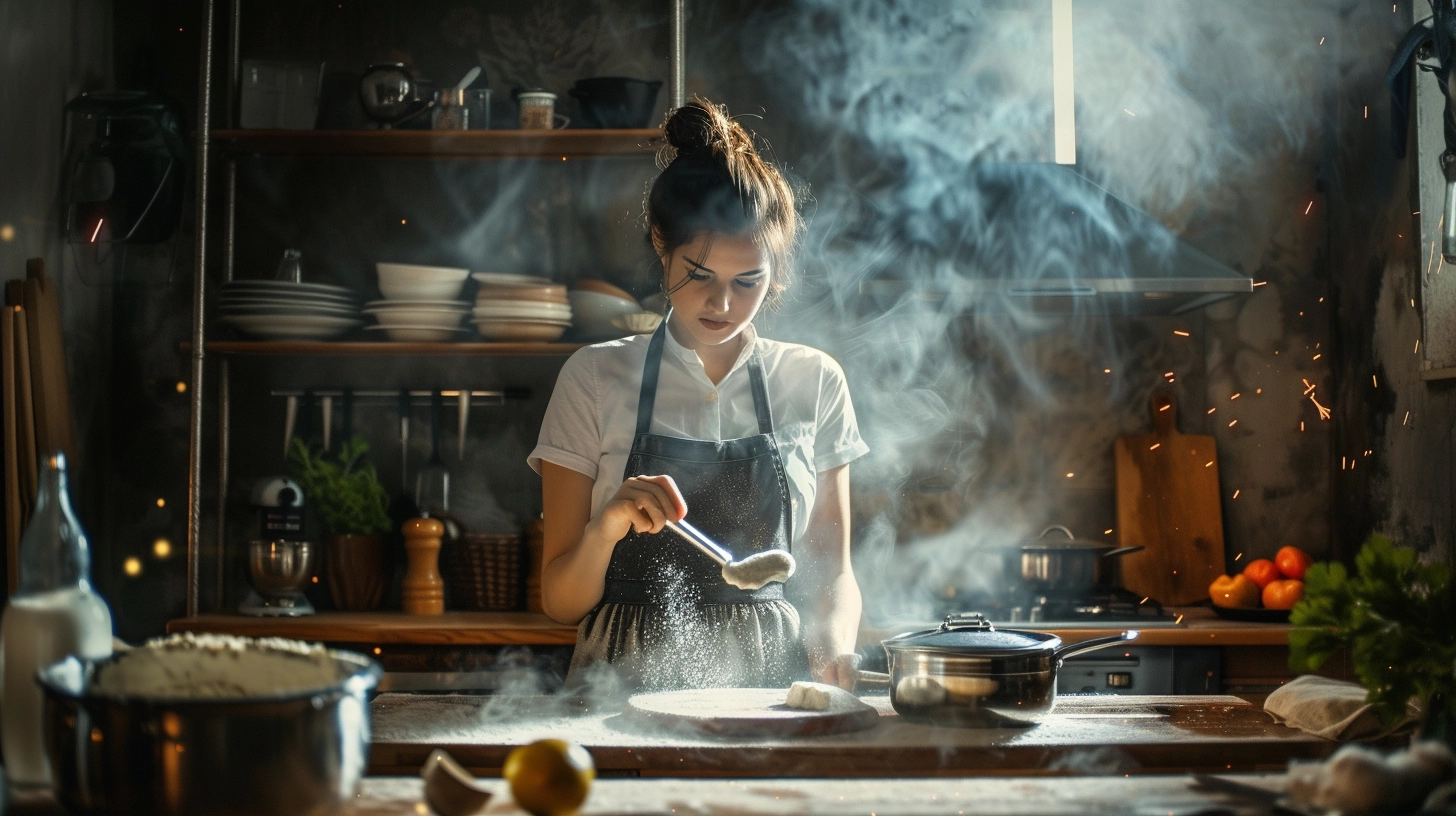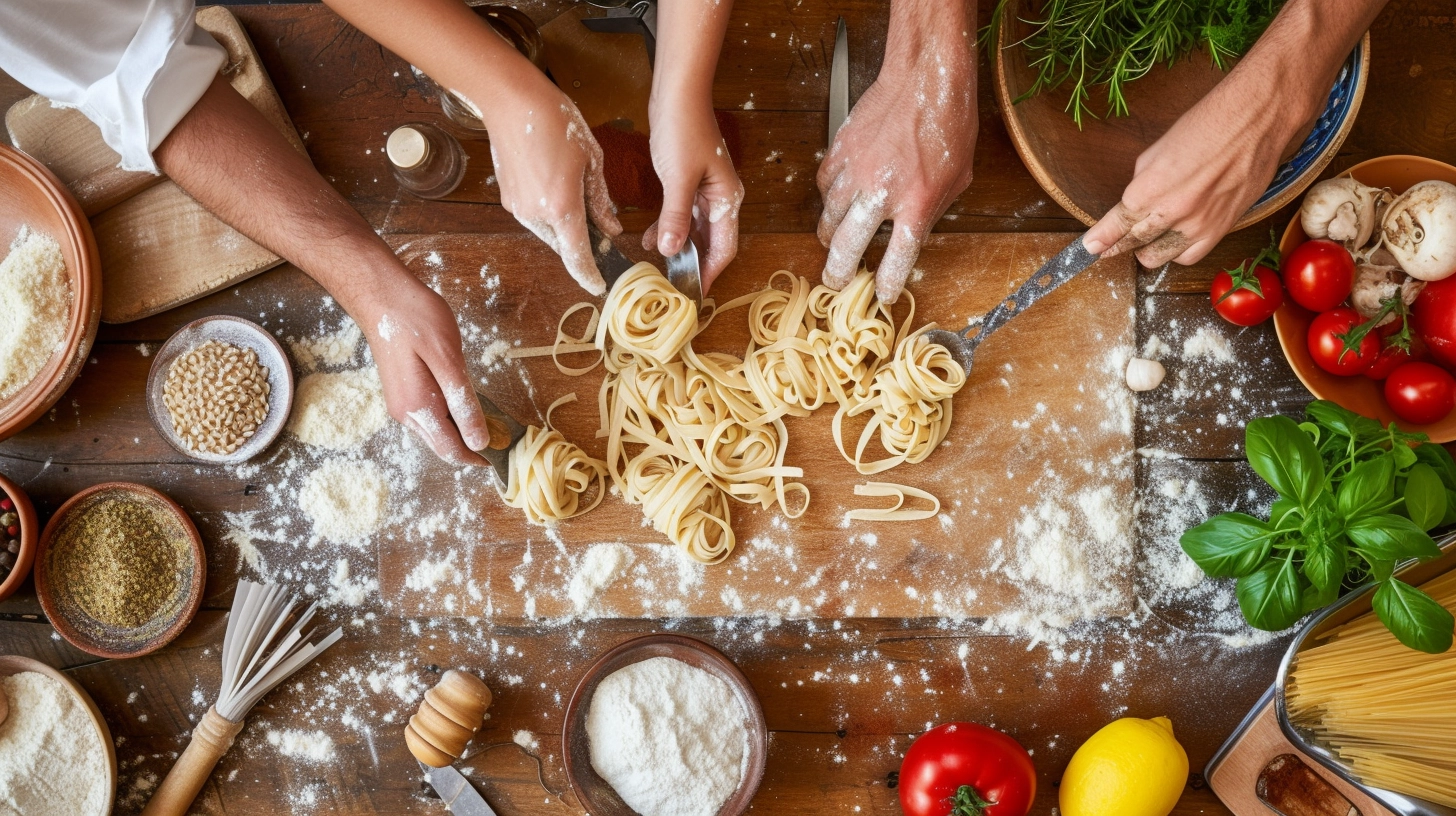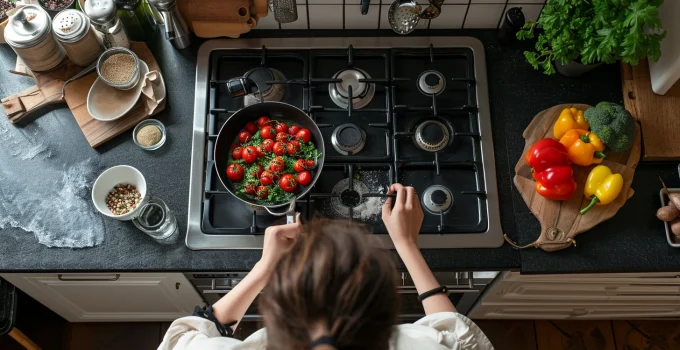French cuisine is renowned worldwide for its subtlety and flavor, embodied in a rich history of culinary magnificence. This article investigates classic French recipes that have prevailed the test of time and how they can be adapted for contemporary chefs aiming to assimilate traditional French methods and meals into progressive dining.
The Quintessence of French Cooking: Everlasting Techniques and Ingredients

Understanding the Building Blocks of French Gastronomy
French cooking is built based on fastidious techniques and high-quality ingredients. Approaches such as braising, sautéing, and flambéing, and components like fresh herbs, butter, and cream, are pivotal in traditional French cuisine. Grasping and mastering these fundamental jpslot aspects is indispensable for any chef or home cook aspiring to shine in French cooking.
The Role of Fresh Components
The focus on fresh, high-quality ingredients is what makes French cooking stand apart. Seasonal vegetables, local cheeses, and meats are staples in French kitchens, with dishes intended to highlight the natural flavors and quality of these elements. For contemporary chefs, this concentration on freshness can be translated into a farm-to-table approach, which respects both the ingredients and the traditional techniques of French cooking.
Classic French Recipes for the Modern Kitchen
Coq au Vin: A French Bistro Classic
Coq au Vin, a beloved dish made with chicken cooked slowly in red wine, is a quintessential example of French country cooking. The dish features layers of flavor, developed through meticulous slow-cooking and the addition of mushrooms, onions, and sometimes even bacon. In the modern kitchen, Coq au Vin can be adapted using different types of wine and adding vegetables like carrots and potatoes to create a more robust one-pot meal.
Ratatouille: Celebrating Vegetables
Ratatouille is a colorful French dish that perfectly showcases the Mediterranean diet’s influence on southern French cuisine. Made with zucchini, eggplant, bell peppers, and tomatoes, all simmered in olive oil with a blend of herbs, this dish is not only flavorful but also incredibly healthy. Modern adaptations might include roasting the vegetables before simmering to deepen the flavors or serving alongside quinoa or another modern grain for a contemporary twist.
Bouillabaisse: A Mediterranean Delight
This traditional Provençal fish stew originates from the port city of Marseille. Bouillabaisse combines various fish, shellfish, and other local seafood with a rich broth flavored with saffron, fennel, and herbs. Modern chefs can adapt this recipe by using sustainable seafood and experimenting with additional spices to suit contemporary palates.
Crème Brûlée: The Quintessence of French Desserts
Crème Brûlée is a creamy, decadent dessert that epitomizes the elegance of French cooking. The contrast between the rich custard base and the crisp caramelized sugar top makes it a favorite among dessert aficionados. Modern variations might infuse the custard with lavender, cardamom, or even espresso, offering a new twist on this classic dessert.
Mastering French Cooking Techniques
The Art of Sauce Making
Sauces are a cornerstone of French cooking, with classics like Béchamel, Hollandaise, and Espagnole forming the base of many traditional dishes. Modern chefs can experiment with these sauces by incorporating unusual ingredients or using them in less traditional ways, such as in fusion dishes or with vegetarian and vegan fare.
Perfecting French Pastry Techniques
French pastries are world-famous, and mastering these techniques can be a daunting but rewarding challenge. From croissants to macarons, the precision and patience required to perfect these pastries are immense. Modern adaptations could include gluten-free flours or alternative sugars to cater to dietary restrictions while still maintaining the integrity of the original recipes.
French Cooking in the Modern Culinary Scene

Integrating Local and Global Influences
Today’s chefs can honor French cooking traditions while also embracing global influences. This can mean incorporating local ingredients into classic French dishes or applying French techniques to foreign cuisines, creating a fusion that respects both traditions.
Sustainability in French Cuisine
The modern culinary landscape is increasingly focused on sustainability, and French cooking is no exception. Using locally sourced ingredients, reducing food waste, and choosing sustainable seafood options are all ways that today’s chefs can practice eco-friendly cooking without sacrificing flavor or tradition.
The Timeless Allure of French Cooking
French cooking remains a pivotal influence on the global culinary stage, offering a repertoire of techniques and dishes that promise elegance and flavor. For the modern chef, these classic recipes not only provide a link to culinary history but also a canvas for innovation and personal expression. By adapting these time-honored traditions to contemporary tastes and concerns, chefs can continue to celebrate French cuisine while making it accessible and relevant for new generations of food enthusiasts. Embrace the spirit of French cooking and bring its timeless charm and sophistication into your kitchen.




